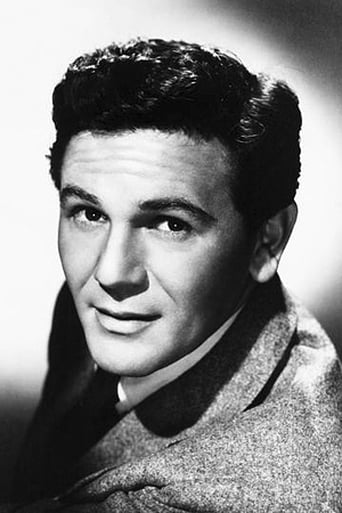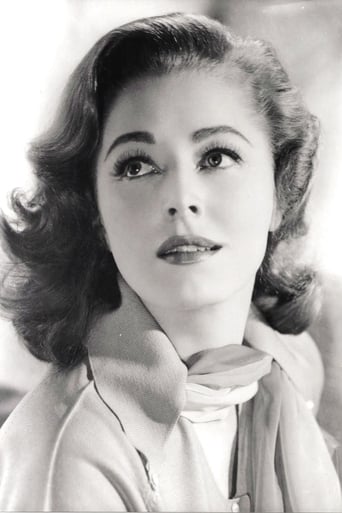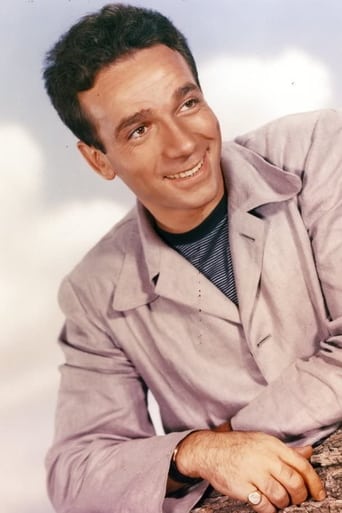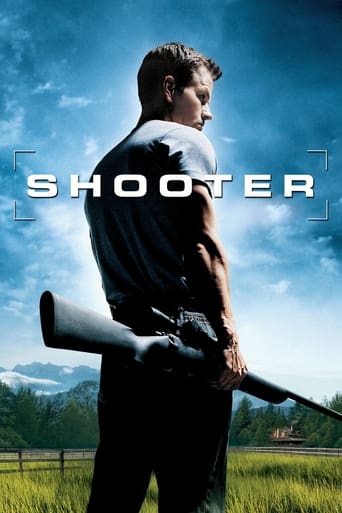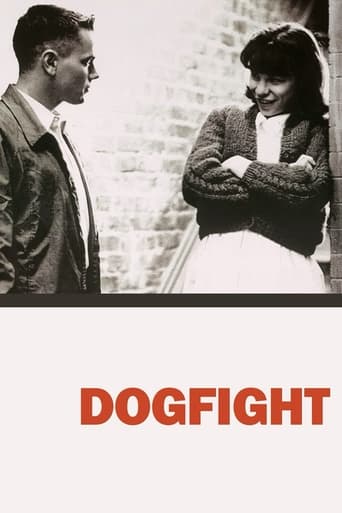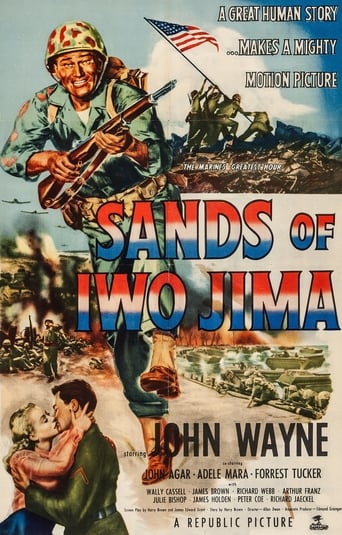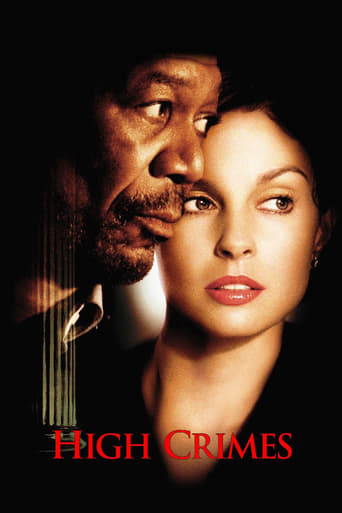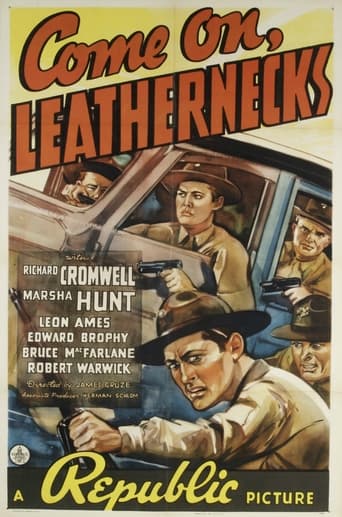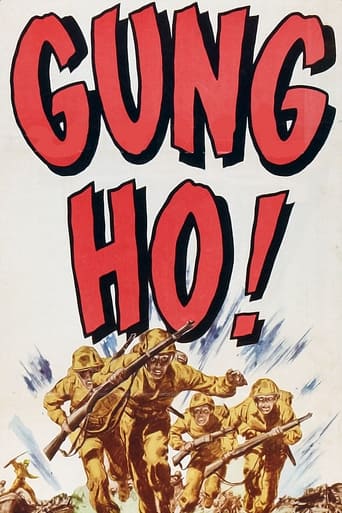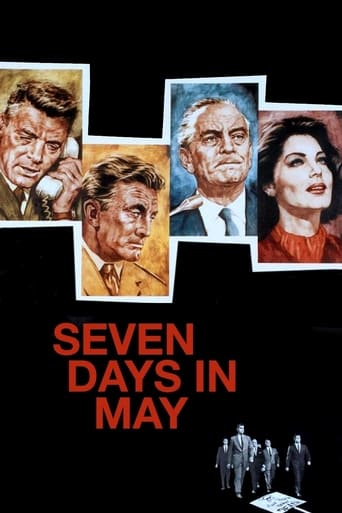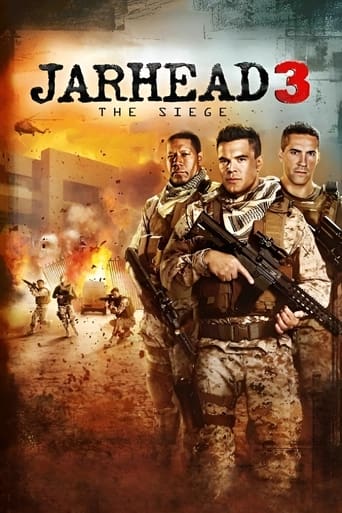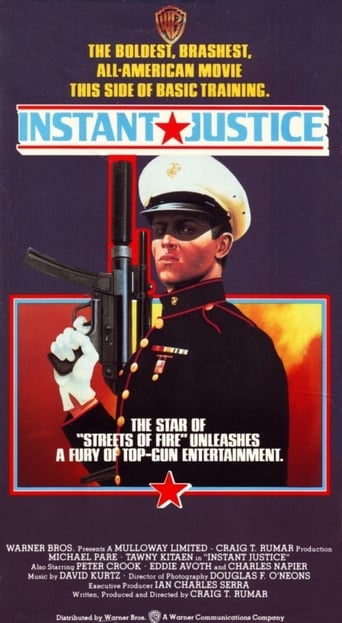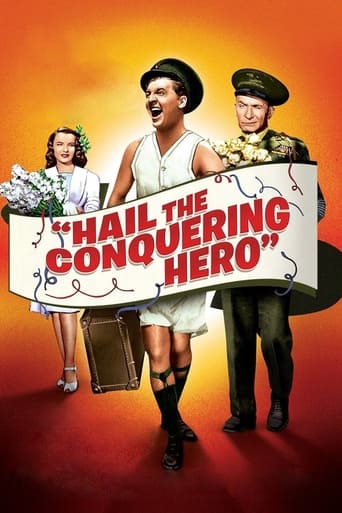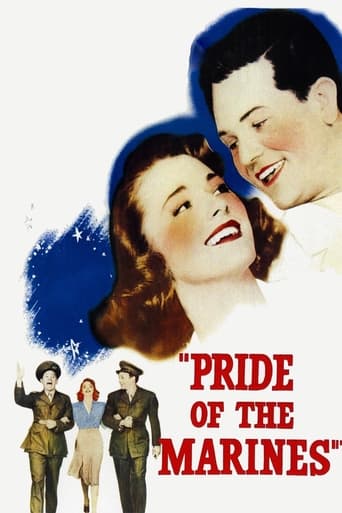
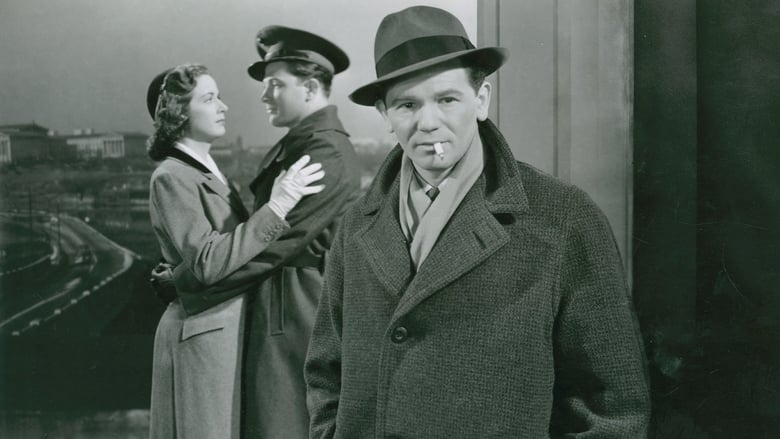
Pride of the Marines (1945)
Marine hero Al Schmid is blinded in battle and returns home to be rehabilitated. He readjusts to his civilian life with the help of his soon to be wife.
Watch Trailer
Cast


Similar titles
Reviews
John Garfield plays Al Schmid, a single friend of married couple Jim & Ella Merchant (Jim Ridgely and Ann Doran) and their teenage daughter Loretta (Ann Todd). Like happily married people are wont to do, they set Al up on a blind date, against his will, with Ruth Hartley (Eleanor Parker). But, after resisting getting involved with her, they begin dating.One day at Al's workplace, where he is a welder, he learns of a friend's enlistment into the Marines and decides to sign up himself. Ruth and Al have a last date, with Al insisting that she forget about him, given his unknown future. However, when she goes to meet his departure train, he is overjoyed and gives her an engagement ring.In the Battle of the Pacific, Al and his squadron find themselves in a foxhole assigned to prevent the Japanese from breaching their line at night. We briefly get to know several of the soldiers, including Lee Diamond (Dane Clark), before the attack. During the attack, many of them are killed but Al ends up single-handedly saving the day. However, he is wounded by a suicide bomber in the final scene of the battle.Later in a hospital, Al learns that he can't see, a condition that doesn't change even after he has surgery. Feeling sorry for himself, he dictates a letter through a nurse to tell Ruth that he is relieving her of any obligation to marry him. Though his friend Lee, the nurse, the doctors, and others try, he will not be convinced or persuaded to try to return to a "normal" life, given his condition. Instead, he stays in the hospital until they no longer allow him to remain there.He returns home on a train, with Lee in tow. However, he does not want to see Ruth and, when he does anyway, will not accept her undying love regardless of her encouraging words. He does not feel that he is a real man anymore, and his pride will not allow her to take care of him. But when he is awarded the Navy Cross for his service in the Pacific, and his vision allows him to "see" a fuzzy red-topped taxicab as Ruth escorts him afterwards, we get our happy ending.This film's Screenplay was nominated for a Best Writing Academy Award.
" . . . than bears," 'Ordinary Joe' Al Schmid tells his girlfriend Ruth on the eve of his WWII enlistment into the U.S. Marines. This interchange came in a fact-based movie made the year that America nuked Japan twice, decades before Congress enabled Japanese companies such as Sony to wrest control of the major U.S. film studios and rewrite history to their liking. Since kids today wouldn't be caught dead watching black and white flicks, the only version of The Truth they get is a pack of revisionist lies. If it were possible to hijack a lecture hall full of American college students and compel them to sit through "PRIDE OF THE MARINES," there might be hope for us. However, more than half of such a captive audience would be comprised of "exchange students," sent here to learn our vulnerable spots. Perhaps clairvoyance of today's realities (or of his own assassination a few years later by rabid Congressman Joseph McCarthy) helped actor John Garfield instill so much anger into his character, real life hero Schmid. Sure, Al's a little upset when circumstances force him to gun down 200 Japanese troops in just four hours on Guadacanal (far above his native Pennsylvania's bag limit for bears), despite being blinded by a grenade exploding in his face. But right up to the happy ending, he's "loaded for bear," and rightfully so.
My father, Dr. Gordon Warner (ret. Major, US Marine Corps), was in Guadalcanal and lost his leg to the Japanese, and also received the Navy Cross. I was pleasantly surprised to learn that my father was the technical adviser of this film and I am hoping that he had an impact on the film in making it resemble how it really was back then, as I read in various comments written by the viewers of this film that it seemed like real-life. My father is a fanatic of facts and figures, and always wanted things to be seen as they were so I would like to believe he had something to do with that.He currently lives in Okinawa, Japan, married to my mother for over 40 years (ironically, she's Japanese), and a few years ago was awarded one of the highest commendations from the Emperor of Japan for his contribution and activities of bringing back Kendo and Iaido to Japan since McArthur banned them after WWII.My father was once a marine but I know that once you are a marine, you're always a marine. And that is exactly what he is and I love and respect him very much.I would love to be able to watch this film if anyone will have a copy of it. And I'd love to give it to my father for his 94th birthday this year!
This former Leatherneck appreciates more and more through the years John Garfield's gut-wrenching performance in the docu-drama PRIDE OF THE MARINES (1945), the true story of war hero Al Schmid who was blinded in combat on Guadalcanal by a Jap grenade. The picture, released a year before BEST YEARS OF OUR LIVES, was the first movie to deal in depth with the problems faced by returning vets. Scripted by Albert Maltz, who would eventually be jailed as one of the Hollywood 10, the film would catch major flack from Red-baiters at decade's end because of its politically-charged dialogue in one scene set in a veterans hospital, during which embittered soldiers forcefully voice both their hopes in and suspicions of a post-war society.The three layers of plotline dramatize an accurate microcosm of American life during a pivotal time period. PRIDE explores in its pre-war first part Garfield's lower-class, working-man roots as only he could portray urban struggles and dreams during the Great Depression. The harrowing middle portion, claustrophobically confined to a cramped and stinking Pacific island foxhole (shared with Dane Clark and Anthony Caruso to form a 3-man machine gun team), graphically captures the fears and horrors of war as few films have.But it is this citizen/soldier's readjustment in the final sequences, aided by compassionate nurse Rosemary deCamp and home-town fiancee Eleanor Parker (in a performance worthy of a Supporting Oscar nomination) that really packs an emotional wallop. Doubting his self-worth, lost in a sightless world (his post-operative cry of "Why don't God strike me dead!" is chilling), and struggling to comprehend the difference between love and pity, Garfield's perfectly modulated performance combines all the elements of his unique persona (rebellious icon, tough guy, romantic leading man, idealistic spokesman).Given his devotion throughout the war years to the Hollywood Canteen that he and Bette Davis created, the story must have been very close to his heart. This may be his finest screen role in a career filled with meaningful performances.


